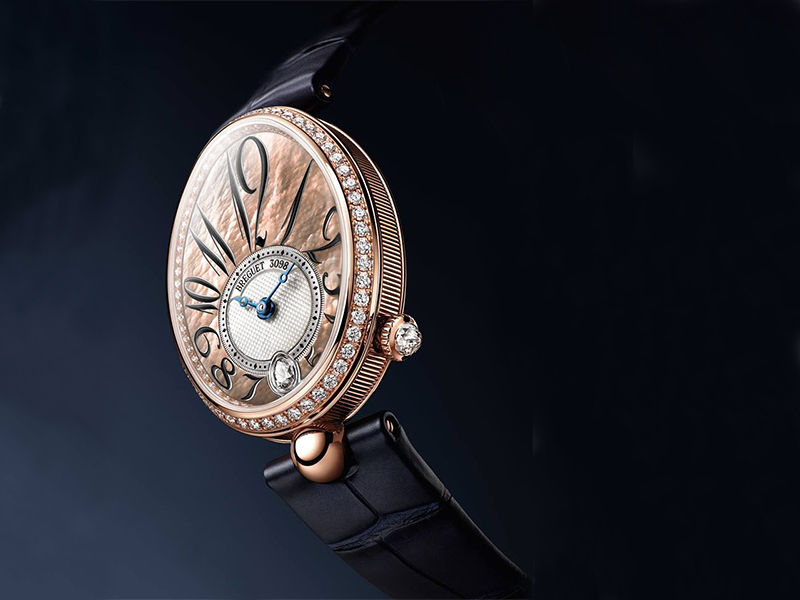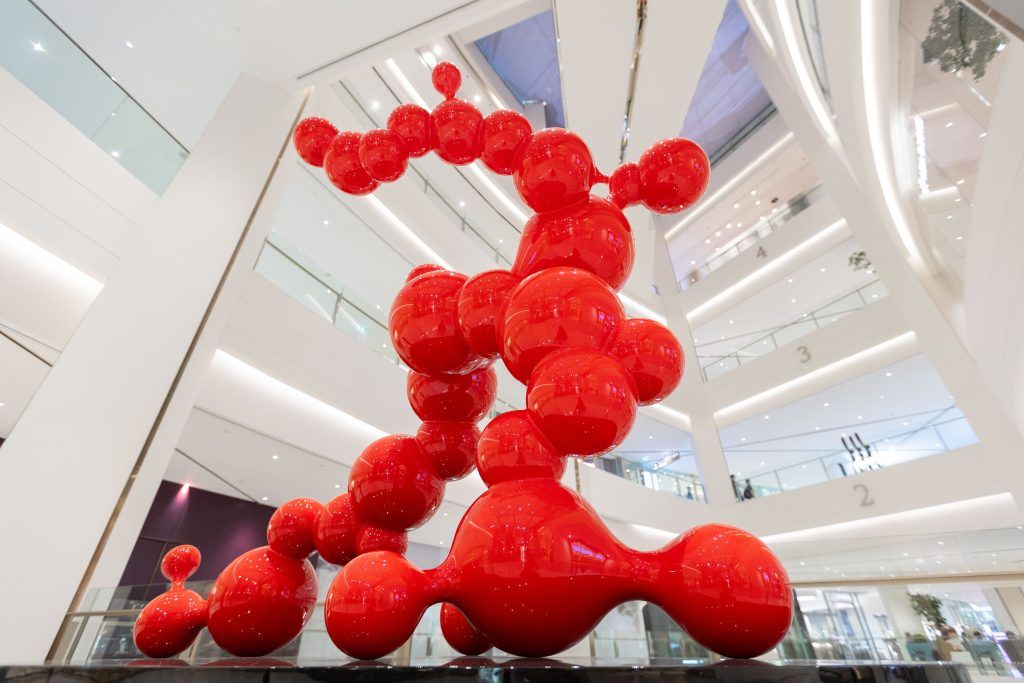Breguet makes a return at the Frieze Art Fair 2024 with a female focus collaborating with curator Jen Ellis.
Since 2012, Frieze New York has been leading the international art fair, showcasing some of the best art in the world. With Christine Messineo as the director, this year’s New York event took place at The Shed, featuring over 60 galleries from 25 countries. With various extensive programs and activities, one of the booths that caught our eye was Breguet’s. As one of Frieze’s esteemed partners, this Swiss luxury watch brand is known for its exceptional standard of horological art.
With 2024 marking Breguet’s third year at the Frieze Art Fair, it is without a doubt that the brand had to invite the world-class curator Jen Ellis. Founder of the curatorial studio APSARA, Ellis has been working in this industry for over a decade. With her expertise, Breguet has chosen her to help find some curated pieces for this very special event.
[Hero & Feature Image Credit: Breguet]
Breguet collaborates with Jen Ellis at the Frieze Art Fair 2024
When it comes to the Frieze Art Fair, it’s more than just about viewing art. It’s an opportunity to dive into the world of new talents, as well as engage with some of this industry’s prominent figures. One of these is Jen Ellis who has travelled from Geneva, and London, to Hong Kong, collaborating with various leading galleries and museums. Her eye for bringing together art, architecture, and music has lead to her widespread name, catching the attention of Breguet, who invited her to the Breguet manufacture in Vallée de Joux.
“It was incredible to not just understand but feel the emotion, care, and technical skill that goes into making each Breguet piece. There is a profound respect for heritage and finding the balance between historical articulation and innovation,” said Jen Ellis.

After witnessing the brand’s savoir-faire, Ellis decided to collaborate with Singaporean artist Dawn Ng, whose works explore the concept of time. Here, Ellis presents Ng’s pieces in an exhibition called “An Atlas of Us.” The pieces took over several weeks to create as Ng transformed 60-kilogram blocks of ice into a blend of pigments, watercolours, acrylics, and dyes. The results of her artwork reflect the passage of time shaped by gravitational forces.

“In my work, I explore time through the ultimate ephemeral material: that is the ice. Pervading my work is the question of what if we described time as a colour, shape and form, through the lens of emotions, rather than strict numerical terms? Collaborating with Breguet, a brand that is vested in not only time but also in the notions of heritage, is interesting and prompts me to think about what predates us, in particular land, topography, and geological formations,” explains Ng.
















